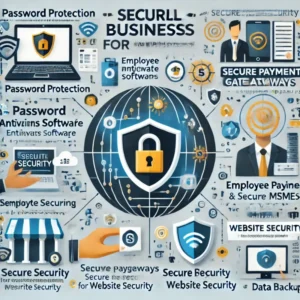Relevant Information: The Key to Effective Communication
When it comes to communication, it’s not about being the smartest or the most stupid. It’s about providing the relevant information needed to convey your message effectively. Whether you’re writing an email, giving a presentation, or having a conversation, the key to successful communication lies in understanding what information is most important and how to deliver it in a clear and concise manner.
The Importance of Relevance
Relevance is crucial in communication because it ensures that your message is understood and received as intended. When you provide information that is not relevant, it can confuse or distract your audience, leading to miscommunication and a lack of understanding. On the other hand, when you focus on delivering only the relevant information, you increase the chances of your message being heard and understood.
Relevance also helps to maintain the interest and attention of your audience. In today’s fast-paced world, people have limited time and attention spans. By providing only the information that is necessary and important, you can keep your audience engaged and prevent them from becoming overwhelmed or disinterested.
How to Determine Relevance
Determining relevance can be challenging, especially when you have a lot of information to share. However, there are a few strategies you can use to help you identify what is most important:
- Know your audience: Understanding who you are communicating with can help you tailor your message to their needs and interests. Consider what information is most relevant to them and focus on delivering that.
- Identify your key message: Before communicating, clarify what your main message or objective is. This will help you filter out any information that is not directly related to your message.
- Stick to the facts: Avoid including unnecessary details or tangents that do not contribute to your main message. Stick to the facts and provide information that directly supports your message.
Effective Communication Tips
In addition to providing relevant information, there are a few other tips that can help you improve your communication skills:
- Be clear and concise: Use simple and straightforward language to convey your message. Avoid jargon or technical terms that may confuse your audience.
- Use visual aids: When appropriate, use visual aids such as charts, graphs, or images to enhance understanding and engagement.
- Listen actively: Communication is a two-way process. Take the time to listen to others and respond thoughtfully. This shows respect and helps to build rapport.
- Ask for feedback: After communicating, ask for feedback to ensure that your message was understood as intended. This can help you identify areas for improvement.
Remember, effective communication is not about showing off your intelligence or dumbing down your message. It’s about providing the relevant information needed to convey your message clearly and concisely. By focusing on relevance and using effective communication strategies, you can improve your ability to connect with others and achieve your communication goals.




